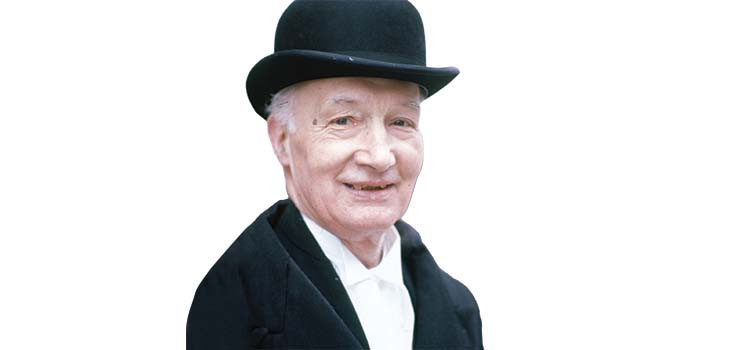
Lord Denning was, of course, the greatest of all contractual lawyers, and mitigated the excesses of the law of contract.
This law is primarily individualistic and commercial, with occasional concessions to non-market sensibilities. Lord Denning, in contrast, was the great stalwart of innovation in contract, and by promissory estoppel in particular prevented in effect inequitable contracts and promises from being enforced where there was a state of exceptionalism, such as life during wartime (Central London Property Trust Ltd v High Trees House Ltd [1947] KB 130).
What applies where an unforeseen event makes performance of the contract impossible? And how should a Denning-esque judge react to our present situation? The recent jurisprudential record is not good.
Emergency situations
The doctrine of frustration of contract is designed to cope with emergency situations. In doctrinal terms, if a contract is frustrated, it effectively comes to an end and the parties are released from their obligations. However, the law is struggling to come











